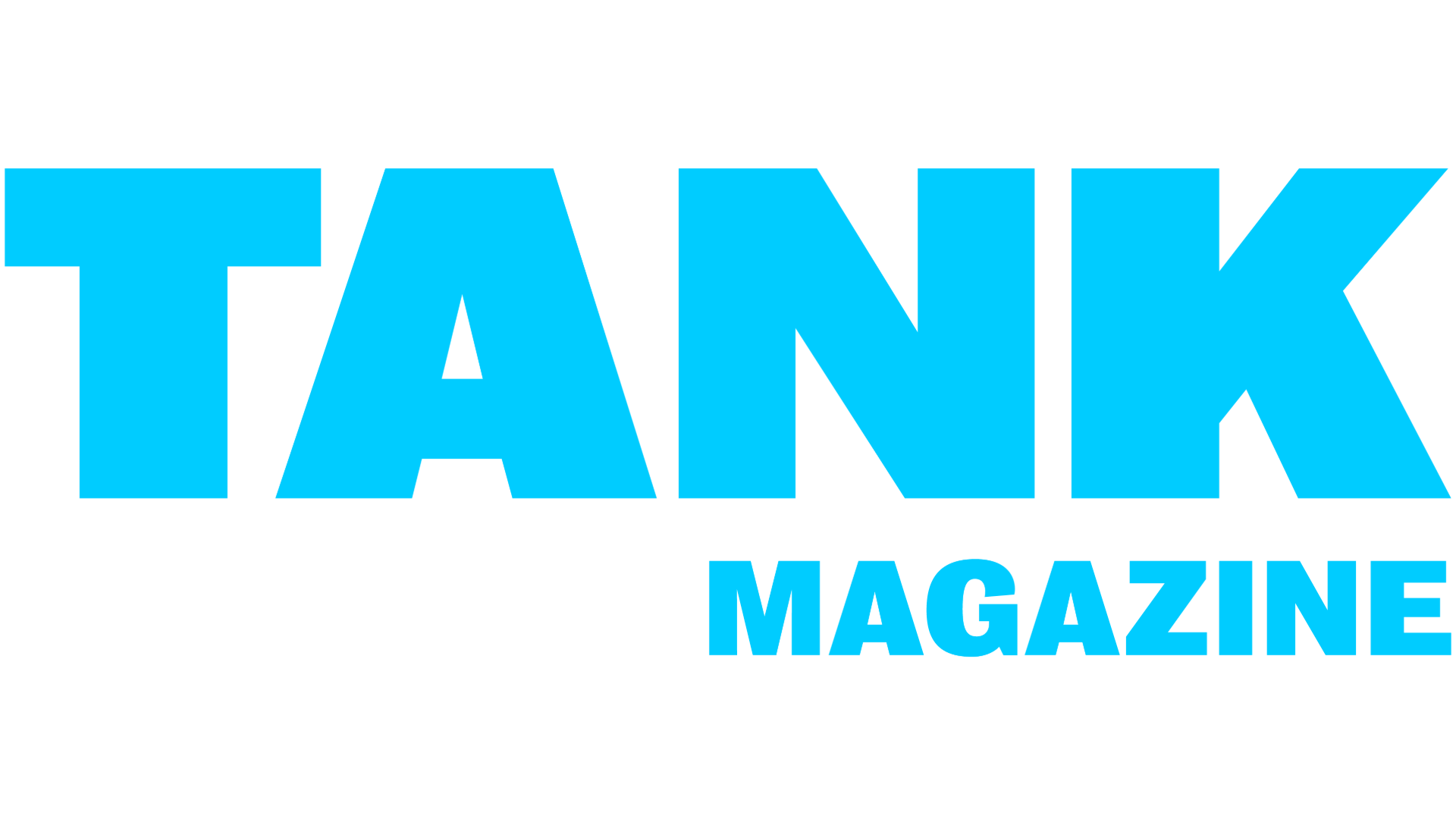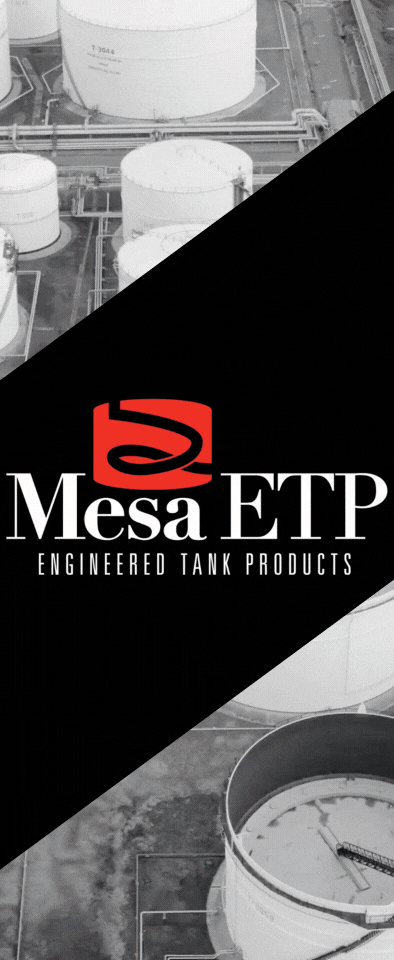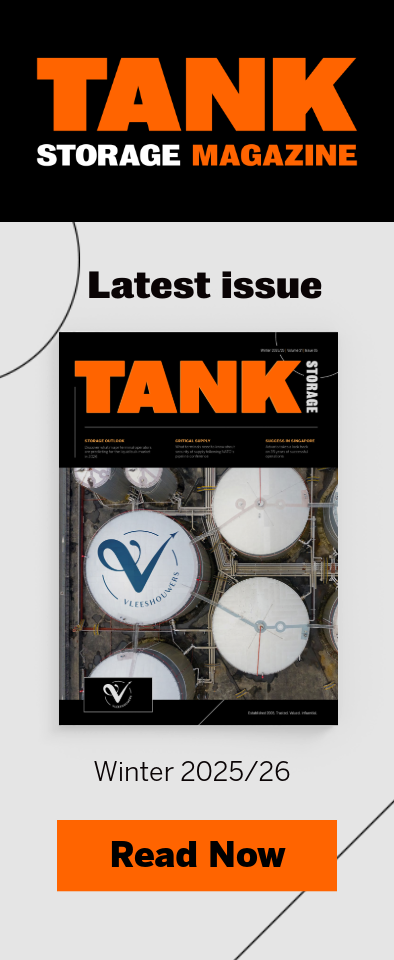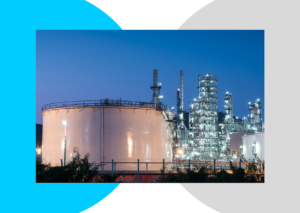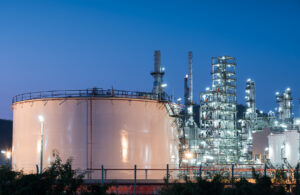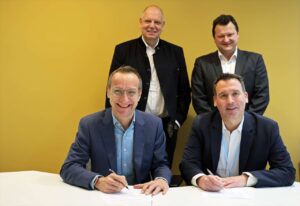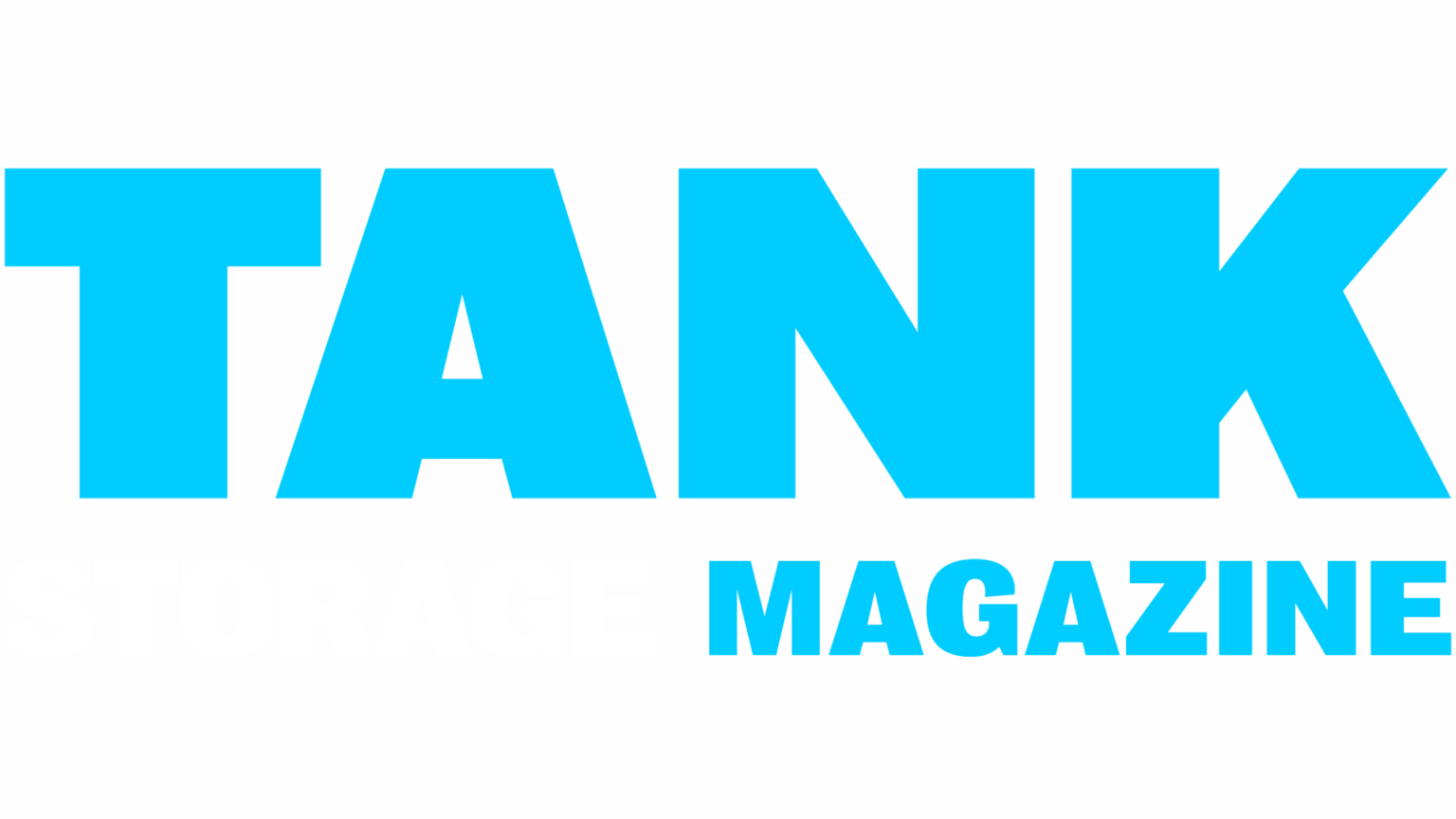Nick Waple, senior engineer at Wood Plc, gives Tank Storage Magazine an exclusive preview of his talk at the Hydrogen Technology Expo and how this relates to tank storage professionals The offshore pipeline industry is facing some key challenges when it comes to transporting hydrogen at high pressures. This includes: What a new hydrogen pipeline will look like in terms of specification and testing requirements Pathways in repurposing existing pipelines for hydrogen The latest hydrogen pipeline design methodologies following an Engineering Critical Assessment (ECA) approach combining material test data, defect sizing and design loads Many aspects of the challenges foreseen […]
This post is only available to members. Please login below, or purchase Tank Storage Magazine Subscription – Print & Digital Subscription or Tank Storage Magazine Subscription – Digital Subscription to access this post.
log in
log in
